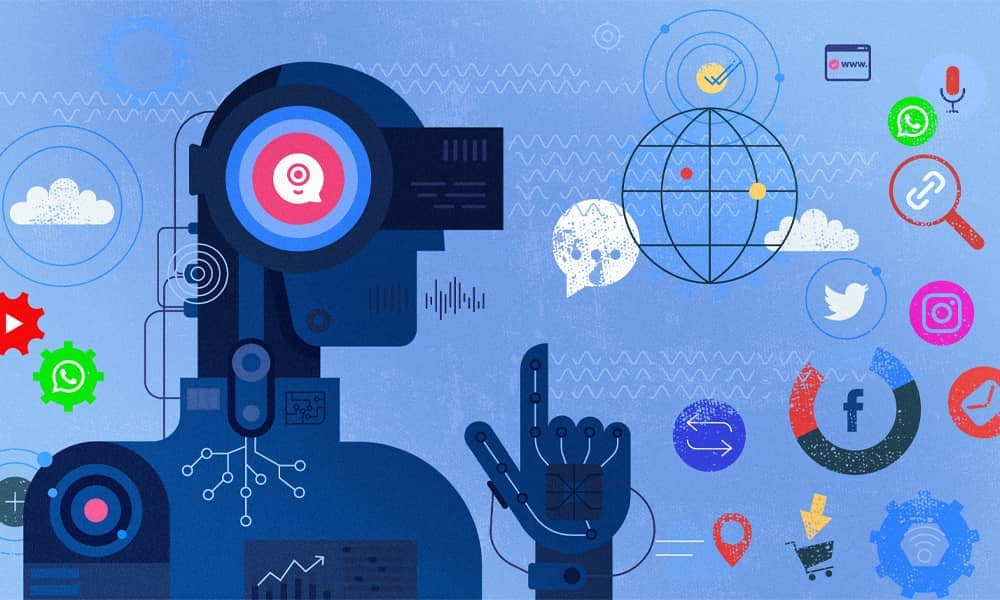
In the fast-paced digital world, leveraging AI Tools for Social Media Marketing has become more than a trend—it’s a strategic necessity. As platforms like Instagram, TikTok, Facebook, and LinkedIn evolve rapidly, brands are under constant pressure to create, distribute, and optimize content that resonates. Artificial intelligence is now at the forefront of this transformation, revolutionizing how marketers approach content creation, audience engagement, and performance analytics.



